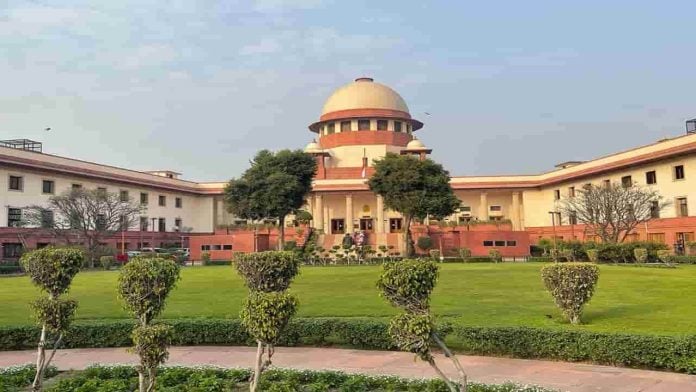Islamic organisation Jamiat Ulama-i-Hind has filed a petition in the Supreme Court, opposing legal recognition for same-sex marriage in India.
Filed by its President and former MP Maulana Mahmood Madani, the petition sought intervention in the matter on the grounds that as a legal institution, marriage between the opposite sexes has been central to the legal regime of India.
The intervention application filed by the organisation argued that the concept of marriage was more than just the socio-legal recognition of a union of “any two persons” and that its recognition was on the basis of established societal norms, which cannot keep changing on the basis of variable notions based upon newly developed value system emerging from a different worldview.
It stated that there were numerous statutory provisions in India regarding marriages between opposite sexes with related consequential legal provisions with various rights related to inheritance, succession, and tax liabilities stemming from marriage.
The concept of marriage between two opposite sexes was the ‘basic’ feature of the concept of marriage itself, which led to the creation of a bundle of rights, it noted.
The application submitted that the petitions seeking recognition of same-sex marriages were diluting the concept of marriage, a stable institution, by introducing the free-floating system of same-sex marriage.
It said the countries legalising same-sex marriages have reached a certain threshold of social order in terms of education/literacy and societal acceptance, however, the concept could not be introduced in India. The plea added that most Eastern countries did not recognise same-sex marriages.
It further placed reliance on various religions to state that same-sex marriage cannot be permitted.
As per the plea, the Hindus defined marriage as a religious sacrament in which a man and a woman were bound in a permanent relationship for physical, social and spiritual purposes of dharma, procreation and sexual advancement. This was one of the 16 sanskars.
Similarly, Christianity and Islam’s prohibition of homosexuality has been categorical from the beginning of these religions itself, noted the application.
It said a study of the Islamic paradigm qua gender and sexuality in Islamic law and theology reflected a clear and fixed principle of only two genders (biological), adding that epistemology of the Western sexual liberation movements showed the defining figures were nearly all staunch atheists. Since the atheistic worldview had a decisive influence qua the present alterations in the ideas of sexual morality, it must not be allowed to create any space within the religiously governed personal laws of communities, it said.
The Constitution Bench of the Apex Court would take up the petitions for hearing and final disposal regarding the legality of same-sex marriages on April 18.


